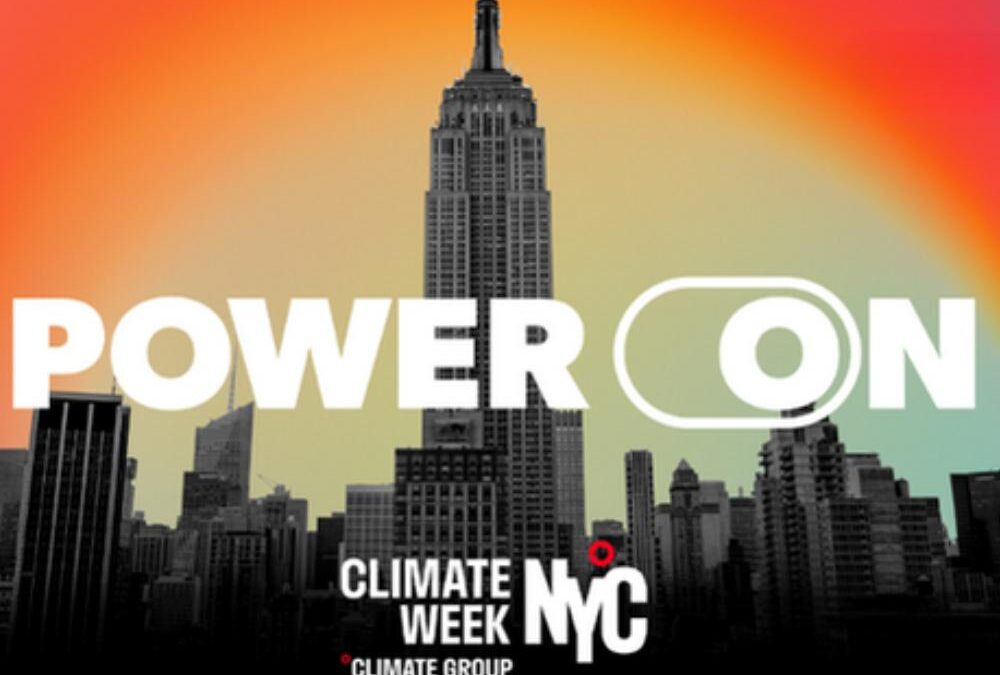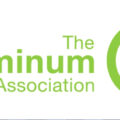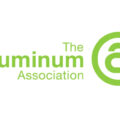During New York Climate Week 2025, the Global Beverage Can Circularity Alliance (GBCCA) highlighted the strategic role of two-piece aluminum cans in the transition to a circular, low-carbon economy, bringing together industry leaders, policymakers, and recyclers to discuss their global impact.
In the session “Aluminum in Action: How Beverage Cans Are Closing the Circularity Loop”, the GBCCA presented a global action plan developed with Roland Berger, which analyzes measures, investments, and policies to improve waste management and promote circularity in 140 countries. It was identified that nations such as Colombia, Uganda, and Vietnam could achieve recycling rates of 90% within three to ten years through improvements in their recycling systems, including the informal sector.
The study also noted that recycling cans currently deposited in landfills in the United States could cover up to 18% of the country’s aluminum imports. The alliance underscored the importance of deposit return systems (DRS) and extended producer responsibility (EPR) as key tools to increase circularity and aluminum recovery rates.
The GBCCA set a goal of achieving a global recycling rate of at least 80% by 2030 and nearly 100% by 2050, urging governments to implement appropriate policies to achieve this. The meeting in New York consolidated collaboration between various industry stakeholders, promoting sustainable practices and accelerating the transition to a more circular model in the beverage can sector.












